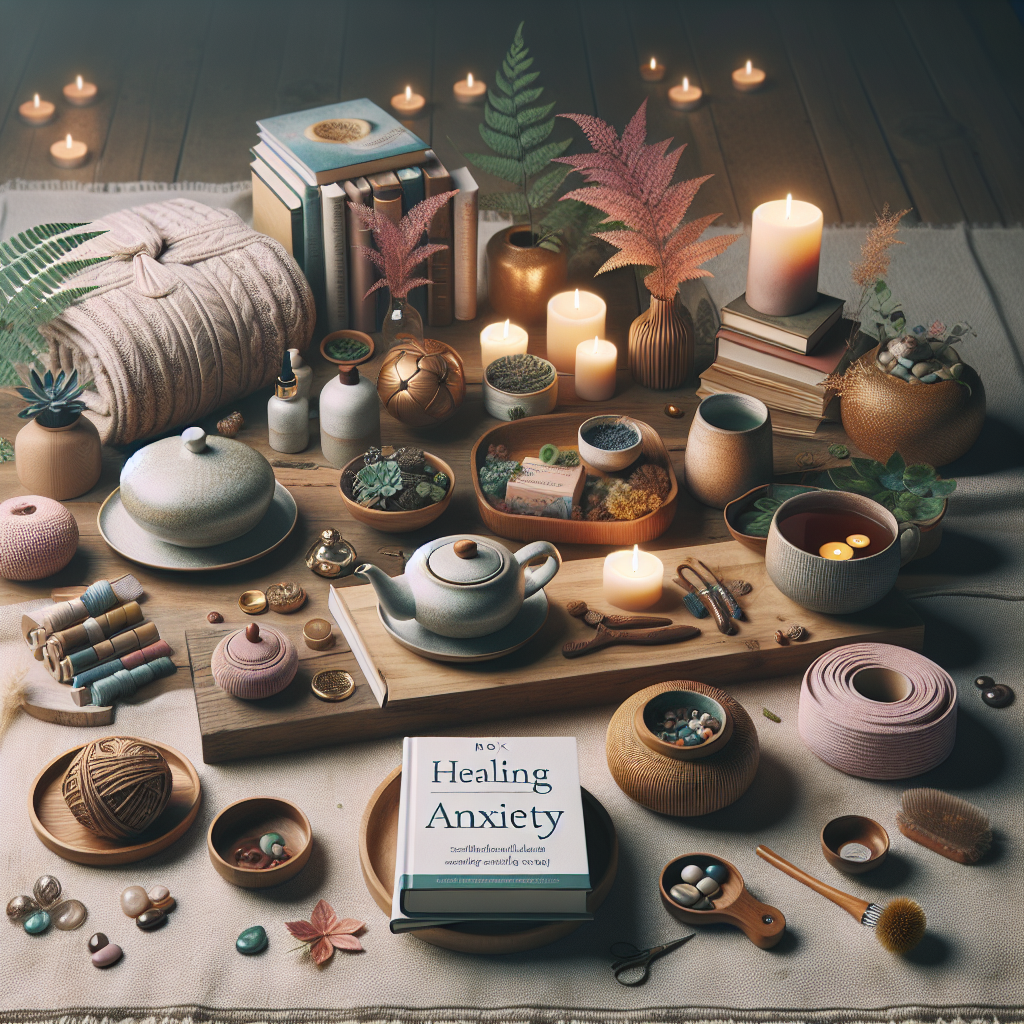Anxiety is a common mental health condition that affects people of all ages. It can manifest in various forms, from mild uneasiness to severe panic attacks. Managing anxiety is crucial for overall well-being, and having the right tools at your disposal can make a significant difference in coping with its symptoms. In this comprehensive guide, we will explore some of the best tools for healing anxiety and regaining control over your mental health.
Understanding Anxiety
Before delving into the tools for managing anxiety, it's essential to understand what anxiety is and how it can impact your life. Anxiety is a natural response to stress, but when it becomes excessive and uncontrollable, it can interfere with daily activities and overall quality of life. Symptoms of anxiety may include persistent worrying, restlessness, irritability, and difficulty concentrating. Recognizing these signs is the first step toward seeking help and finding effective ways to cope with anxiety.
Tools for Managing Anxiety
1. Mindfulness Meditation

Mindfulness meditation is a powerful tool for managing anxiety. By focusing on the present moment and practicing deep breathing exercises, you can calm your mind and reduce stress levels. Regular mindfulness meditation can help you become more self-aware and develop a sense of inner peace.
2. Journaling
Journaling is another effective tool for managing anxiety. Writing down your thoughts and feelings can help you process emotions, identify triggers, and gain insight into your anxiety patterns. Journaling can also serve as a creative outlet and a safe space to express yourself without judgment.
3. Physical Exercise
Engaging in physical exercise is not only beneficial for your physical health but can also have a positive impact on your mental well-being. Exercise releases endorphins, the body's natural stress relievers, and can help reduce anxiety symptoms. Whether it's yoga, running, or dancing, finding an exercise routine that suits your preferences can be an excellent way to manage anxiety.
4. Healthy Lifestyle Choices
Adopting healthy lifestyle choices such as maintaining a balanced diet, getting enough sleep, and avoiding excessive caffeine and alcohol consumption can play a significant role in managing anxiety. Eating nutritious foods, prioritizing rest, and moderating stimulants can help regulate mood and energy levels.
5. Therapy and Counseling
Seeking therapy or counseling from a mental health professional is a valuable tool for managing anxiety. Therapy can provide you with coping strategies, emotional support, and a safe space to explore root causes of your anxiety. Cognitive-behavioral therapy (CBT) and mindfulness-based therapies are particularly effective in treating anxiety disorders.
Conclusion
Managing anxiety is a journey that requires patience, self-reflection, and a willingness to seek help when needed. By incorporating these essential tools into your daily routine, you can develop healthy coping mechanisms, reduce anxiety symptoms, and improve your overall quality of life. Remember that seeking professional help is always an option and is a vital step toward healing and managing anxiety effectively. Take care of your mental health, prioritize self-care, and embrace the power of these tools in your journey toward well-being.
Please Comment and Share
.png)
Comments